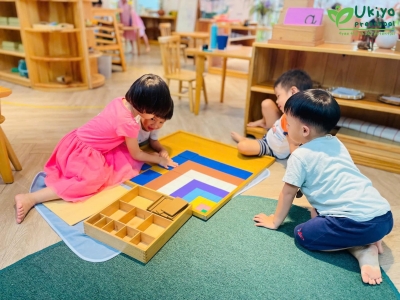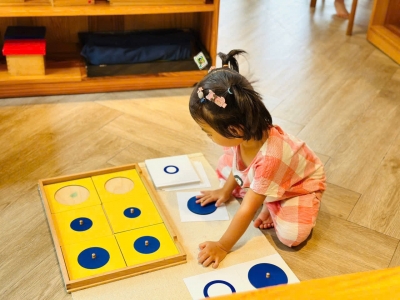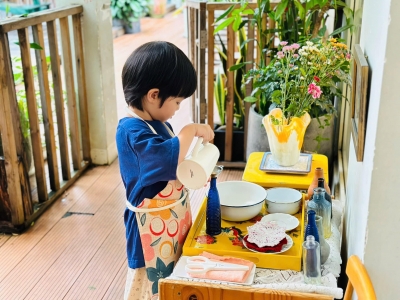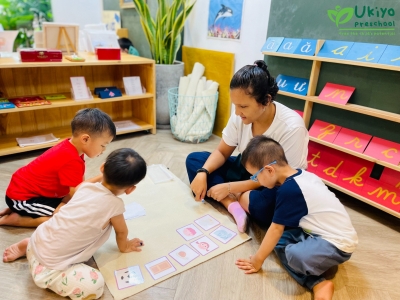ELABORATE MORE ABOUT THE CONSEQUENCE of NOT HAVING ORDER DURING THE CHILDHOOD
Order plays a crucial role in the development of a child between the ages of 0-3 years. During this period, the child's brain is rapidly developing and creating new neural connections. The environment in which the child is exposed to during this critical period plays a significant role in shaping the child's future cognitive, social, and emotional development.
Order provides predictability and stability to a child's environment. When a child has a predictable routine, they feel secure and are better able to regulate their emotions. This is because the child knows what to expect, and they feel more in control of their surroundings. As a result, children who have a predictable routine are less likely to experience anxiety and are better able to handle stress.
Order also helps a child develop their cognitive abilities. When a child is exposed to a predictable environment, they are better able to make sense of the world around them. They learn cause and effect relationships and develop an understanding of how things work. For example, when a child is consistently exposed to a bedtime routine, they learn that it is time to sleep when certain activities are completed.
Order also plays a crucial role in developing a child's sense of independence and responsibility. When a child has a consistent routine, they begin to understand the expectations that come with each activity. For example, a child who knows that after breakfast, they must clean up their dishes and put them in the sink is more likely to do so without prompting. This helps children develop a sense of responsibility and independence, which is essential for their future development.
In summary, order is critical in the development of a child between the ages of 0-3 years. A predictable routine provides stability, promotes emotional regulation, and helps develop a child's cognitive abilities. Additionally, order helps children develop a sense of independence and responsibility. By creating an orderly environment for a child, parents and caregivers can provide the foundation for a child's future success.
Not having order during childhood can have negative consequences on a child's development. A lack of order can lead to unpredictability, chaos, and stress, which can have significant impacts on a child's emotional, social, and cognitive development.
Emotional consequences of not having order can include anxiety, stress, and insecurity. Children thrive on routines and structure, and when these elements are absent, they may struggle to regulate their emotions. An unpredictable environment can create a sense of uncertainty and fear, leading to anxiety and stress. A lack of structure can also create feelings of insecurity and make a child feel unsupported and vulnerable.
Socially, a lack of order can lead to difficulties in socializing with others. Children who are not exposed to consistent routines and expectations may struggle with sharing, taking turns, and following social norms. This can lead to social isolation, and may make it difficult for a child to form meaningful relationships with others.
Cognitively, a lack of order can lead to poor executive function skills. Executive functions are the mental skills that help us plan, focus, and complete tasks. Children who are not exposed to predictable routines may struggle with developing these skills, leading to poor attention, poor memory, and difficulty completing tasks. This can have negative impacts on a child's academic performance and future success.
Finally, a lack of order can lead to a lack of accountability and responsibility. Children who are not exposed to consistent routines and expectations may struggle to develop a sense of responsibility and accountability. This can make it difficult for them to take ownership of their actions and develop a sense of autonomy.
In conclusion, not having order during childhood can have significant negative consequences on a child's emotional, social, and cognitive development. It is essential for parents and caregivers to establish consistent routines and expectations to provide children with stability and structure, which is critical for their future success.
Others












